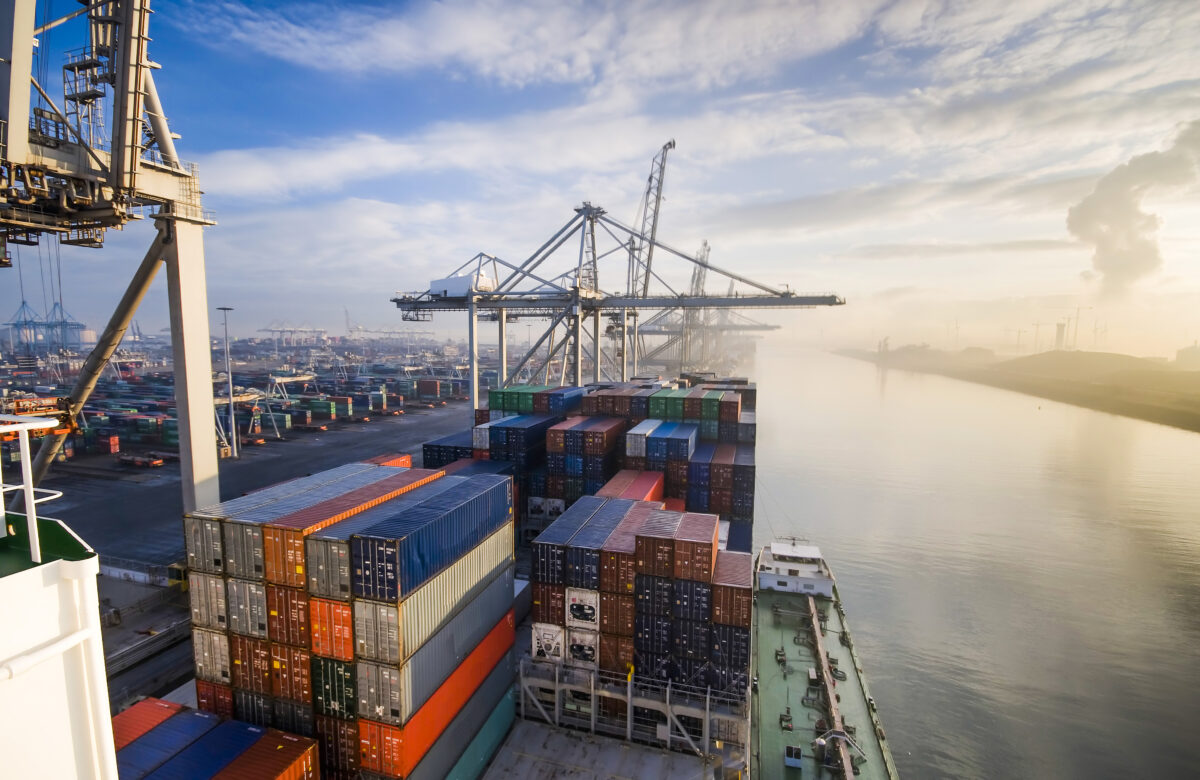It is possible that a decision of the European Court of Justice (ECJ) could have considerable implications for companies: The Advocate General’s Opinion delivered on 15 June 2017 in the preliminary ruling proceedings before the European Court of Justice against the main customs office in Landshut gives reason to hope that anti-dumping law will soon be liberalised. This could soon make it possible to repay anti-dumping duties.
This is particularly the case when company specific anti-dumping duty rates can be achieved with subsequently submitted documents (in particular commercial invoices). Up to now, the customs administration had always rejected retrospectively delivered documents as late and demanded the full anti-dumping rates.
Businesses should consider whether they can now apply for reimbursement for repayment of anti-dumping and submit additional documentation. Applications for reimbursement are generally only possible within three years, so action should be taken quickly.
Submission by the FG Munich
The main proceedings concerned a case in which an importing company had been refused an individual anti-dumping duty rate by the main customs office and instead the higher anti-dumping duties had been set”for all other companies”. At the time of the declaration, the commercial invoice submitted did not meet the formal requirements of the relevant anti-dumping regulation. The company concerned then submitted an application for reimbursement, as it was of the opinion that the subsequent documents should be sufficient. We had already reported on this case.
German customs authorities currently do not allow any subsequent submission of an invoice in the form required for the application of company-specific anti-dumping duties. This often led to very high back payments in the case of minor formal errors. The FG Munich has asked the ECJ whether it is possible to submit proper commercial invoices at a later date.
Advocate General is in favour of further submissions
In his Opinion, the Advocate General has now recommended to the Court of Justice a[bold] decision in favour of undertakings[/bold]. In this respect, he was in favour of handing it in later. There is therefore reason to hope for a change in the practice of the German customs administration.
The rules would not prevent the submission of commercial invoices as long as there was no risk of circumvention and the proper collection of anti-dumping duties was not jeopardised. The aim of imposing anti-dumping duties is to eliminate the injury caused by dumped imports. It would therefore be contrary to the basic idea of the anti-dumping measures to apply a higher duty rate than the individual duty rate to certain products simply because of formal errors in the commercial invoice, despite the absence of any risk of circumvention. This was also the Commission’s view.
Whether the ECJ follows the applications remains to be seen, but this is often the case. Following the ECJ ruling, the FG München will also have to make a decision in the main proceedings.
The ECJ ruling will formally concern only the interpretation of implementing Regulation (EU) No 412/2019 imposing an anti-dumping duty on tableware and other ceramic articles for table or kitchen use. However, it is also conceivable that a signal effect will emerge from the judgment for other ordinances and also for other missing documents than in the concrete case. It will therefore have to be examined on a case-by-case basis whether the judgment can also be applied to other anti-dumping measures. It also remains to be seen how the German customs administration and the courts will react to the ruling. In any case, there are some indications that a large number of companies could soon be pleased with a repayment of the anti-dumping duty.
Possible repayment: Request for repayment of anti-dumping duty
Importing companies should have it examined whether they have had to pay too many anti-dumping duties in the last three years because of missing commercial invoices. In principle, the submission of applications for reimbursement in order to meet the deadline and the subsequent submission of proper invoices is also conceivable. In any case, it is not to be expected that the German customs administration will make an ex officio refund. It is therefore advisable for importers to act on their own initiative.
Our attorneys will review your claim and help you file your claim.
Dieser Artikel wurde am 8. August 2018 erstellt. Er wurde am 30. September 2023 aktualisiert. Die fachliche Zweitprüfung hat Rechtsanwalt Dr. Tristan Wegner durchgeführt.

